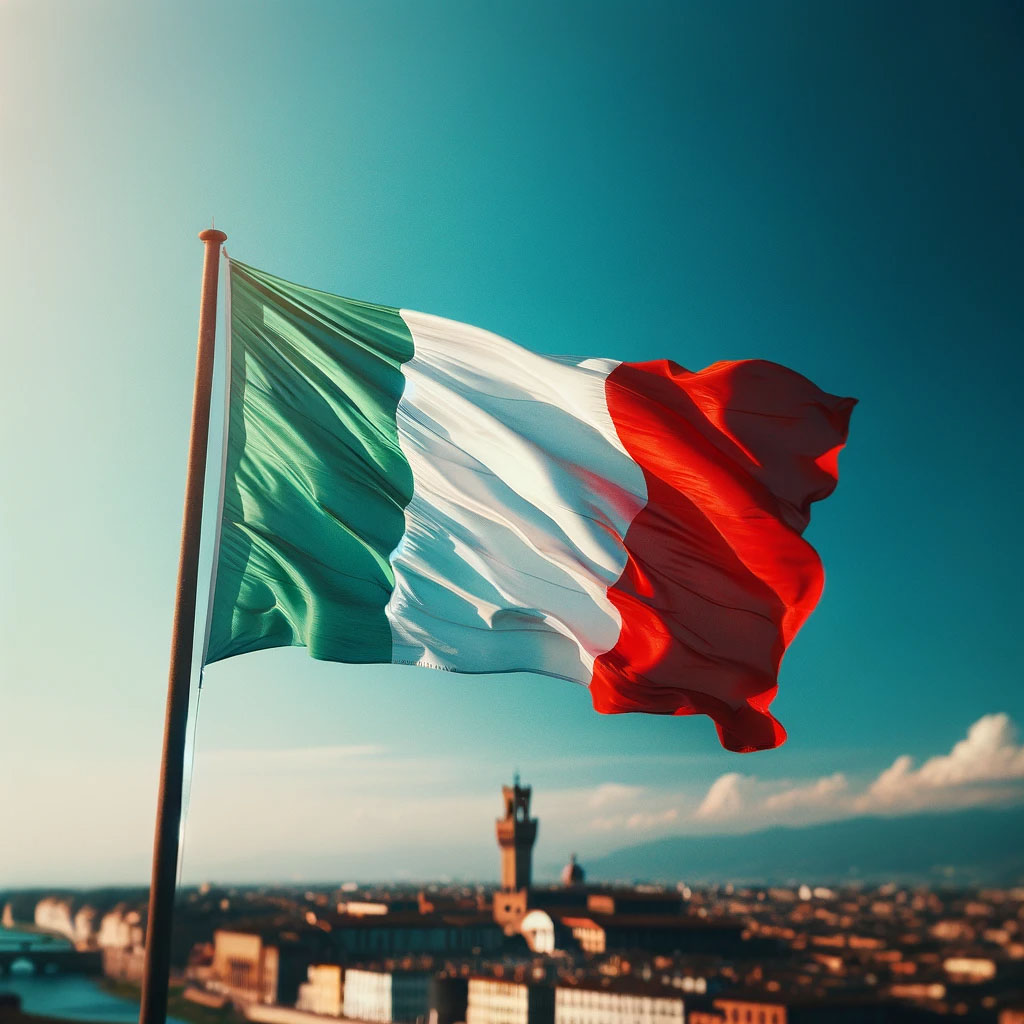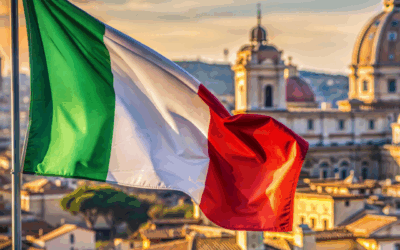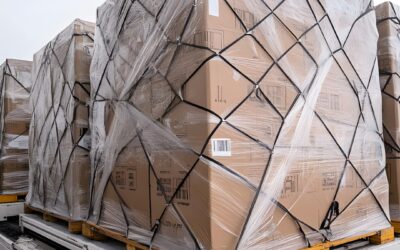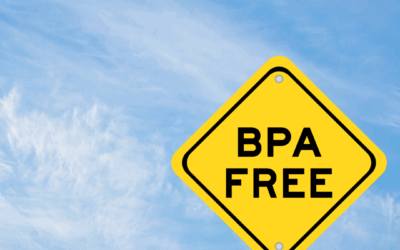Package labeling in Italy: A extensive guide

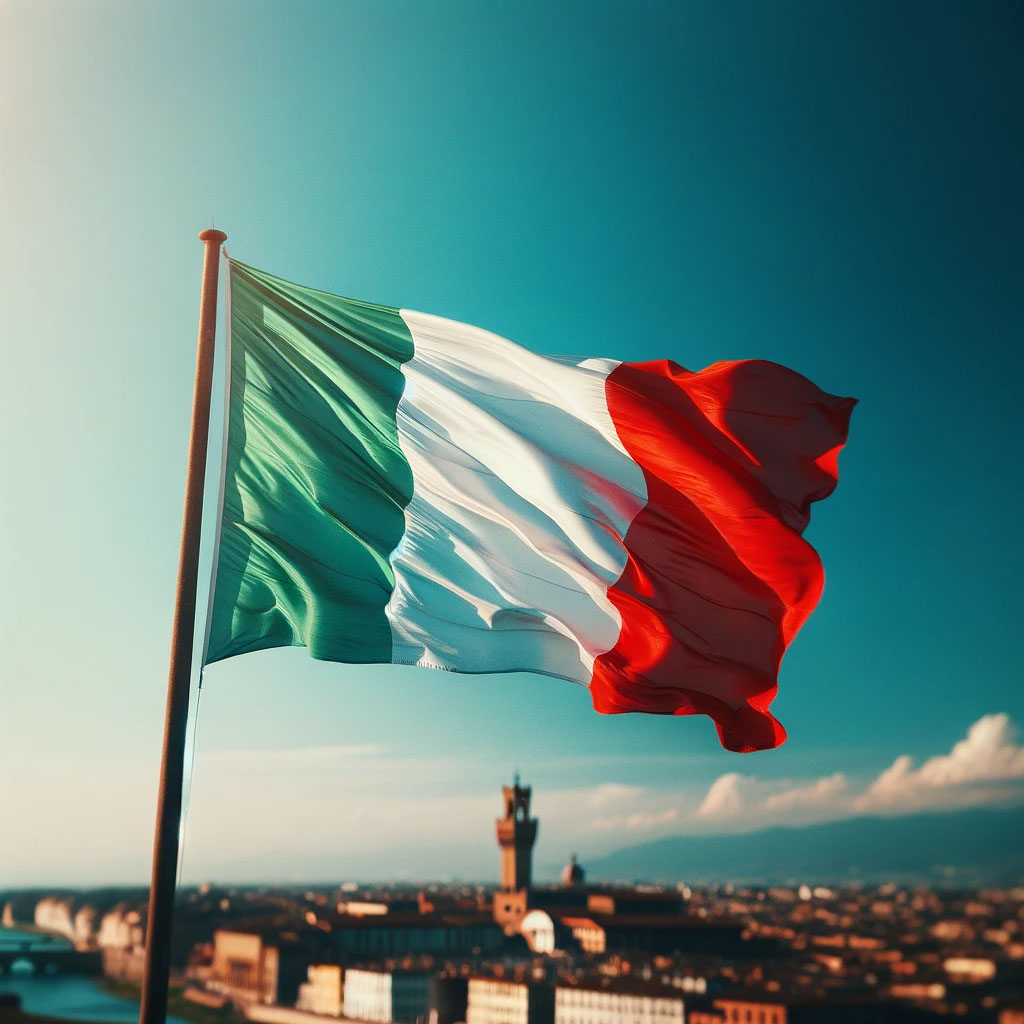

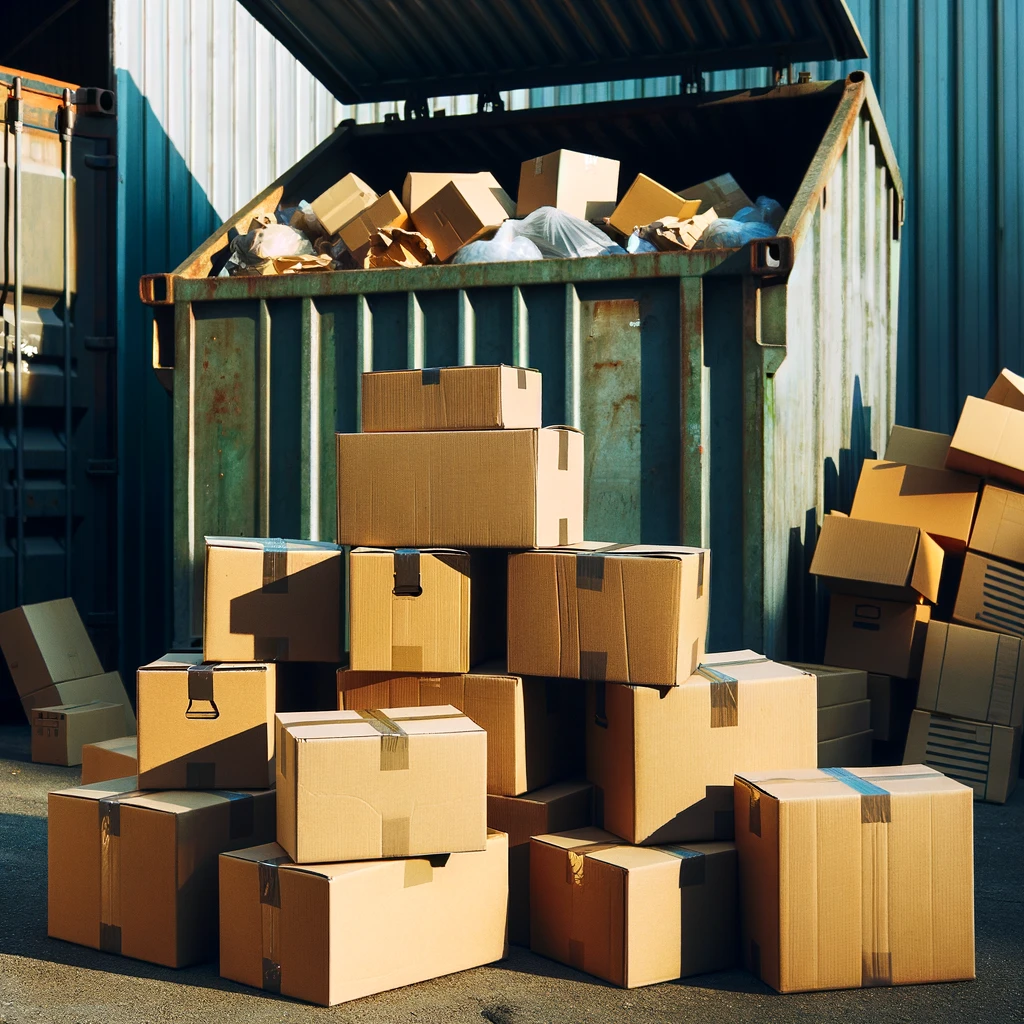
Anyone shipping goods to Italy should definitely observe the labelling regulations there.
In contrast to Germany, where the Packaging Act (VerpackG) governs the handling of packaging materials, other European countries such as France and Italy have their own laws. In addition to the licensing of packaging, these often also require specific labelling tailored to the country in question.
Context of the labeling requirement in Italy
The labelling requirements in Italy are defined by Decree 116/2020. Since 1 January 2022, online retailers have been obliged to label product, shipping and transport packaging in Italy to ensure that it can be subjected to an efficient recycling process. In the Italian Packaging Act, these regulations consist of both mandatory requirements and voluntary recommendations.
The aim of the regulations is to ensure that recyclable packaging generated by Italian end consumers can be easily distinguished from other types of packaging. This enables consumers to dispose of it properly and thus promotes the recycling process. At the heart of the law is the endeavour to increase resource protection and improve the circular economy. In this way, Italy is contributing to more sustainable practices and the responsible use of packaging materials.
Requirements for the labeling of packaging
The regulations for different types of packaging have specific requirements in some cases. It is crucial to label packaging with easily recognisable disposal instructions for consumers. According to Directive 97/192/EC, the composition of the packaging materials must be indicated by an alphanumeric code. For this purpose, each component of the packaging must be labelled with a corresponding code and clearly visible disposal instructions. The consumer information should also be written in easily understandable Italian. In some cases, the required information on composition and correct disposal can also be provided via QR codes or websites. This enables flexible and modern implementation of the labelling requirements.
In order to facilitate the practical implementation of these regulations, the national packaging consortium CONAI has published a guide to the decree. For detailed steps and further information on the obligations in Italy, you can find the guide here.
The obligations at a glance:
- Labelling of packaging for private end users: Packaging that is disposed of by private end users must be clearly labelled with a clear disposal notice.
- Alphanumeric code according to 97/192/EC for packaging materials: The composition of the packaging materials is indicated by an alphanumeric code in accordance with Directive 97/192/EC.
- Comprehensible information in Italian: The information provided should be written in easily understandable Italian to ensure clear communication with consumers.
- Recommendation for individual labelling of material components: It is recommended that each individual material component of the packaging is labelled with its corresponding material code and disposal instruction.
- Freedom of graphic design in Italian: There are no precise specifications for the graphic design of the information, except that it must be written in Italian.
- Information via QR codes or websites: In some cases, information on composition and correct disposal can also be provided via QR codes or on websites.

LIZENZERO.EU makes packaging compliance in Europe very easy.
Do you ship your products to different countries in the EU? Many different legal requirements and obligations can make the whole thing quite complicated – but don’t worry, we’ll do it for you. How do we do it? With our licensing service, we take over all obligations for you by power of attorney. Sounds good? We’ll be happy to advise you.
For shipping to Germany, you can easily fulfill your packaging obligations yourself via Lizenzero.de.
EPR in Italy: duties for e-commerce & textiles
New rules for selling via online marketplaces have been in force in Italy since November 2024: With Law 166/2024 (amendment to the existing Legislative Decree 152/2006), Italy is tightening the EPR requirements. Italian online marketplaces must now record and pay data and fees for products subject to EPR in the area of electrical and electronic equipment (WEEE) on behalf of their retailers. For you as a retailer, this means that anyone selling to end customers via an Italian marketplace must be registered.
Commercial packaging in the EU: obligations at a glance
In this article, we explain the differences between the packaging types, the legal basis for them and how some EU member states – specifically France, Austria and Spain – deal with commercial packaging.
BPA ban in the EU: What’s behind the decision?
Plastic bottles are part of everyday life for many people, whether on the go, at the office, or during sports. In recent years, the materials used to make these bottles have come under increasing scrutiny, especially due to EU-level regulations. Consumers are paying more attention to which chemical substances may be present in their bottles. One of the most well-known and controversial substances is bisphenol A (BPA). BPA is often incorrectly referred to as a plasticizer. It has been heavily criticized for years because of its hormone-like effects and potential health risks, not only in plastic bottles.

